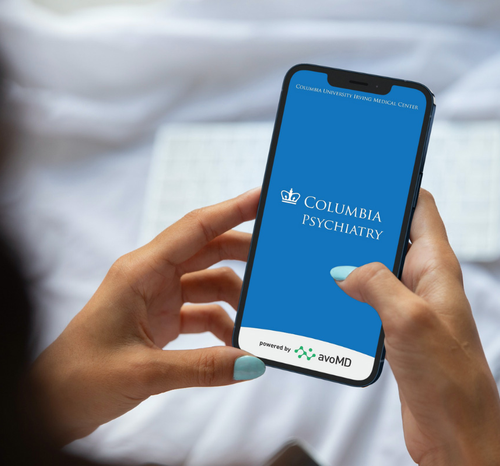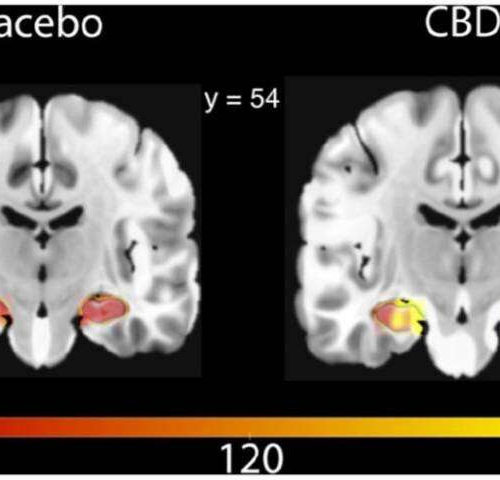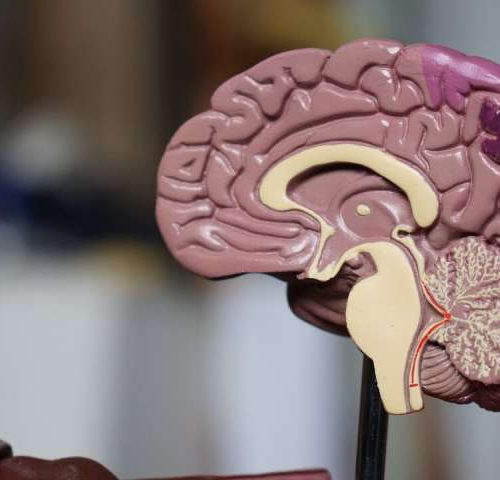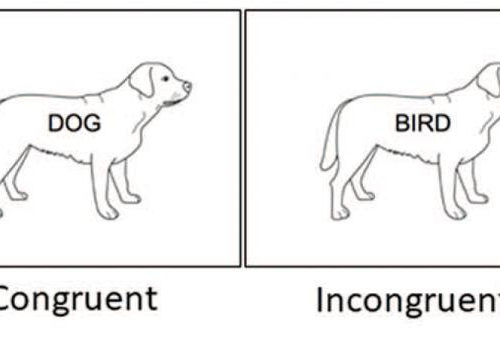Circular Genomics has created the first ever circular RNA-based test to predict a patient’s response to selective serotonin-reuptake inhibitor antidepressant treatment. Produced by Depression is a debilitating disorder. Globally, around 350 million patients worldwide live with depression, and this could increase to 400 million by 2029. The current standard-of-care is a trial-and-error approach, and as...
Tag: <span>Psychiatry</span>
Nutritional Psychiatry: Does It Exist?
Perspective > MDedgeCOMMENTARY Andrew J. Rosenfeld, MD Disclosures August 25, 2023 Matt was diagnosed with ADHD combined type when he was 6 years old. Given his age, the family was reluctant to try medications, but after a couple years of parenting classes and reward charts, the parents requested a stimulant. He had significant improvement in...
Columbia Psychiatry launches mobile depression app
IMAGE: RESEARCH SHOWS THAT TRAINING PRIMARY CARE PHYSICIANS IN TO IDENTIFY AND TREAT DEPRESSION CAN IMPROVE PATIENT OUTCOMES AND EVEN SAVE IVES. CREDIT: AVOMD Columbia Psychiatry faculty in partnership with avoMD a next-gen clinical decision support platform, have developed an interactive smartphone application that provides point-of-care treatment algorithms for major depression. The app—known as Columbia Psychiatry Pathways—supports...
How ecstasy and psilocybin are shaking up psychiatry
Paul Tullis Illustration by Gizem Vural PDF version On a sunny day in London in 2015, Kirk Rutter rode the Tube to Hammersmith Hospital in hopes of finally putting an end to his depression. Rutter had lived with the condition off and on for years, but the burden had grown since the death of his...
Cannabidiol improves blood flow to brain’s hippocampus
by University College London A single dose of cannabidiol (CBD) helped increase blood flow to the hippocampus, an important area of the brain associated with memory and emotion, finds a new study led by UCL researchers. Researchers say the findings could be an important discovery for conditions which affect memory, such as Alzheimer’s disease and...
To let neurons talk, immune cells clear paths through brain’s ‘scaffolding’
by University of California, San Francisco To make new memories, our brain cells first must find one another. Small protrusions that bud out from the ends of neurons’ long, branching tentacles dock neurons together so they can talk. These ports of cellular chatter—called synapses, and found in the trillions throughout the brain—allow us to represent...
Unique metabolic markers detect over 50% of children affected by autism spectrum disorder
New findings from the Children’s Autism Metabolome Project (CAMP) Study, a 1,102 subject study of the metabolism of children with ASD, published in Autism Research Madison, WI (June 18, 2020): In a paper published online this week in Autism Research, scientists at NeuroPointDX, a division of Stemina Biomarker Discovery, Inc., in collaboration with researchers at...
Hallucinations in people with seizures may point to suicide risk
Researchers from Trinity College Dublin and the Royal College of Surgeons in Ireland (RCSI) have shown for the first time, the mental health significance of hallucinations in people with a history of seizures. In a study published today (Thursday, June 11th, 2020), findings show that 8% of individuals with a history of seizures report hallucinations,...
Depression symptoms linked to reduced cognitive control in people with autism
According to a UC Davis study, adolescents and young adults with autism spectrum disorder (ASD) and those with typical development show similar proactive cognitive control. However, symptoms of depression in individuals with autism were linked to less proactive control. Cognitive control refers to a set of mental processes that coordinate thoughts and behaviors to fit...
COVID-19 may increase blood clotting and blockage of brain blood vessels
Clinical observations of COVID-19 patients, who went on to have a stroke, suggest coronavirus may cause clots within blood vessels (arteries) in the brain, finds a team of neurologists from UCL and UCLH (the National Hospital for Neurology and Neurosurgery), London. The findings suggest early testing for D-dimer, a protein fragment in the blood associated...
- 1
- 2





